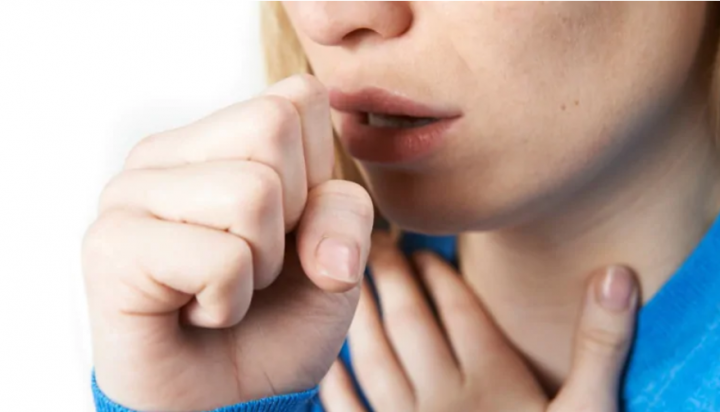
Students and employees at Macaulay Elementary in Esquimalt may have been exposed to the bacteria that causes pertussis, also known as whooping cough, according to Island Health.
Island Health has alerted students, staff, parents and guardians about a probable case of pertussis at the school. The health authority says people who have been at the school may have been in contact with the bacterium Bordetella pertussis, which causes the highly contagious respiratory disease.
The bacterium is spread from person to person by coughing, sneezing or close contact. Sharing food, drinks or cigarettes or kissing someone who has the pertussis bacteria can also put someone at risk.
Pertussis begins with cold-like symptoms that may progress to a severe cough with a distinctive “whooping” sound, which may be followed by gagging and/or vomiting. Symptoms can last for
several weeks. Pertussis can be spread to others during the early stages of the infection when symptoms are not severe and if left untreated, it can spread up to three weeks after the cough starts,
According to Island Health, pertussis can be very serious, particularly for infants under one year of age. Pregnant mothers in their third trimester can also be at risk as they may expose their newborn infant after birth.
Anyone with pertussis symptoms is asked to contact their health care provider for a test for pertussis bacteria. People who are diagnosed with pertussis are treated with antibiotics. After five days of antibiotic treatment, an individual is no longer considered infectious and can return to school.
Island Health is reminding parents and guardians to ensure their children are up to date with their pertussis immunizations. The pertussis vaccine is combined with other vaccines.
There are several different combination vaccines used to prevent pertussis in infants, children, adolescents and adults. The Diphtheria, Tetanus, Pertussis, Hepatitis B, Polio and Haemophilus influenzae type b (DTaP-HB-IPV-Hib) vaccine is given a series of three doses to infants at two, four and six months of age. The Diphtheria, Tetanus, Pertussis, Polio, Haemophilus influenzae type b (DTaP-IPV-Hib) vaccine is given to infants as a booster dose at 18 months of age after completing a three-dose primary series of DTaP-HB-IPV-Hib.
The Tetanus, Diphtheria, Pertussis, Polio (Tdap-IPV) vaccinee is given as a one dose to children four to six years of age. This is a booster dose for children who were immunized against diphtheria, tetanus, pertussis and polio at a younger age.
There is also a Tetanus, Diphtheria, Pertussis (Tdap) vaccine given to all students in Grade 9 as a booster dose for children immunized against these diseases at a younger age. The Tdap vaccine can also be given to children 7 years of age and older who have not been fully immunized, and to adults or immigrants who have not been immunized or whose immunization history is unknown. People born in 1989 or later who missed their adolescent dose of Tdap are eligible for one dose of this vaccine.




